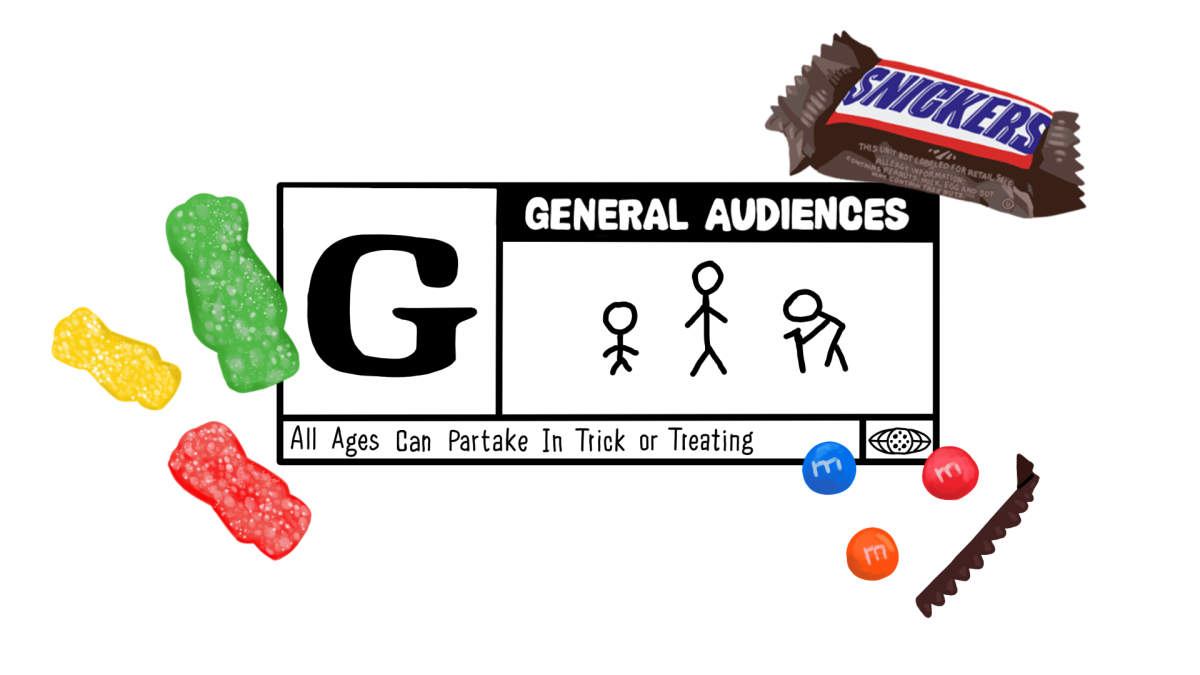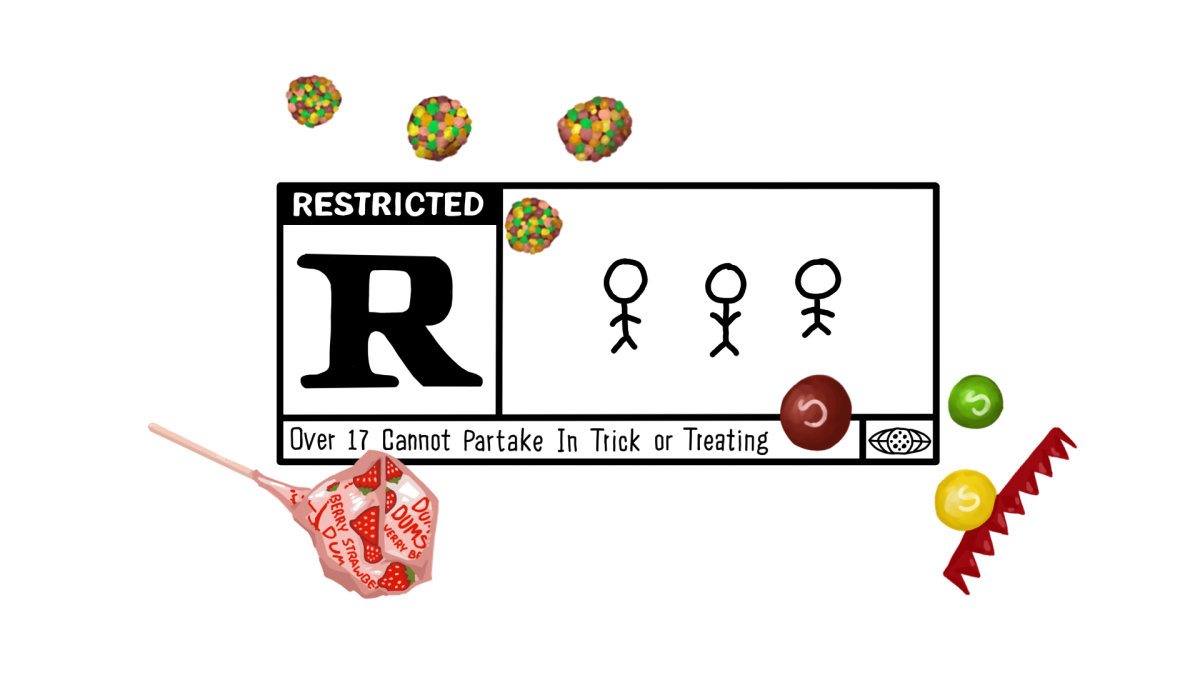For generations, the story of Santa Claus has been a central part of holiday traditions worldwide. Children eagerly wait for Christmas Eve, leaving out cookies and milk for the jolly old man that they have been told will deliver presents in the middle of the night. But what if the concept of Santa is more problematic than we think? Upon closer inspection, the tradition can be seen as unethical for several reasons, including encouraging dishonesty, perpetuating a materialistic approach to morality and financial pressure on families.
The most glaring issue with the story of Santa is that it is based completely on lies. Parents actively participate in deceiving their children, crafting elaborate stories about Santa’s sleigh and nine reindeer, all to keep the magic alive. While this may seem harmless to some, it raises an ethical dilemma. Lying to children — even for the sake of holiday tradition — sends mixed messages about trust, privacy and consent.
Think about it: 364 days out of the year, we remind kids that honesty is the best policy, not to trust strangers and most importantly, that breaking and entering are crimes. But suddenly, come the night before Christmas, children are told that a man they have never seen will come in through the chimney in the dead of night to leave them gifts. If parents are willing to deceive their kids for years about a concept as formative as Santa, how can we expect children to distinguish between harmless fantasies and harmful lies?
Another problematic aspect of this tradition is that it encourages children to behave primarily out of self-interest — so that they can make it onto a ‘nice list’ and receive gifts. Instead of fostering intrinsic motivation to be generous and honest because it is the right thing to do, the concept of Santa Claus encourages children to do good in exchange for rewards. This transactional approach to morality is limiting, as it conditions children to view acts of kindness as a means to an end rather than a reflection of integrity.
Furthermore, the disillusionment often felt when children are informed of Santa’s nonexistence can lead to questioning the system of reward and punishment they were taught to follow. Suppose good deeds are performed solely for the sake of material gain. In that case, some may lose motivation to act with kindness when they realize that Santa does not exist, potentially affecting their long-term behavior and understanding of morality.
The Santa Claus myth also places significant financial pressure on families. Parents are often expected to create the illusion of Santa’s generosity, purchasing expensive gifts and sometimes even falling into financial instability in order to bring the holiday to life. This creates unrealistic expectations among children, who may come to believe that extravagant presents are the norm. In a time when families are already struggling financially, the stress of fulfilling this fantasy can exacerbate feelings of inadequacy.
While some believe that Santa is simply a harmless tale, it is essential to consider its ethical implications. From promoting dishonesty to encouraging materialism, the idea may not be as innocent as it seems. Maybe it is time to rethink this long-standing holiday figure in favor of a more honest, meaningful celebration.





















